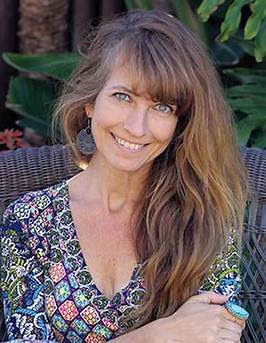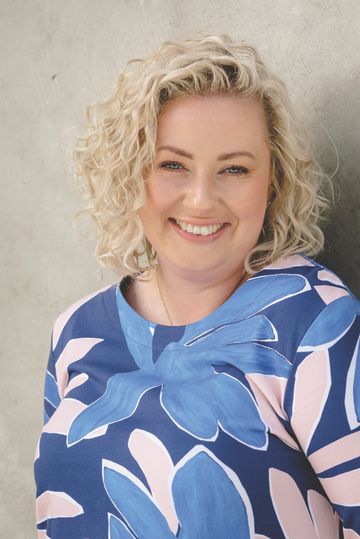T. Greenwood
T. Greenwood is the author of more than a dozen novels with more than a quarter-million copies sold. A two-time winner of the San Diego Book Award and LAMBDA Literary Award finalist, she  has received grants from the Sherwood Anderson Foundation, the Christopher Isherwood Foundation, the National Endowment for the Arts, and the Maryland State Arts Council. Five of her novels have been Indie Next Picks and her twelfth novel, Rust & Stardust, was a LibraryReads selection. Her novels have been translated into five languages. She lives with her family in San Diego, California, where she teaches creative writing, studies photography, and continues to write.
has received grants from the Sherwood Anderson Foundation, the Christopher Isherwood Foundation, the National Endowment for the Arts, and the Maryland State Arts Council. Five of her novels have been Indie Next Picks and her twelfth novel, Rust & Stardust, was a LibraryReads selection. Her novels have been translated into five languages. She lives with her family in San Diego, California, where she teaches creative writing, studies photography, and continues to write.
Greenwood's new novel is Such a Pretty Girl.
My Q&A with the author:
How much work does your title do to take readers into the story?Visit T. Greenwood's website.
This novel is very much about the commodification of beauty, and so the title - which my editor recommended - captures that. It's also about the sexualization of young actresses in the 1970s: think Brooke Shields, Jodie Foster, Tatum O'Neal. The 1970s were a time when there seemed to be no protections in place for girls in this industry, and it was with horror that I poured over articles written about these young women. But what I really wanted to explore was the complicity of those people closest to these actresses - in Ryan's case, her mother. I wanted to examine how one's moral compass begins to lose direction when ambition is involved.
What's in a name?
In the 1970s, my parents used to watch a soap opera called "Ryan's Hope." I remember my mom loving that name, and thinking it would be a pretty name for a girl. So when I named my main character -- because it is set in the 1970s - that was the name that first came to mind. I always need to have my main character's name nailed down before I can start a project, and this name came to me very quickly.
How surprised would your teenage reader self be by your new novel?
I might argue that I am always writing for my teenage self. I would have loved to read a book like Such a Pretty Girl as a teenager. I don't think I have read any other stories that explore the sort of environment girls/women of my generation grew up in. Just looking at the ads of the time is shocking. Love's Baby Soft (which is fictionalized in this story) touted, "Innocence: It's Sexier Than You Think." This was the sort of message all of us were given as little girls.
Do you find it harder to write beginnings or endings? Which do you change more?
Beginnings are hard, because there are simply so many options. I always compare it to shopping for a meal. Anything is possible when you walk into a grocery store. But the second you start making your selections, the possibilities narrow. If you choose salmon, you're not going to wind up with lasagna. You have to make sure you are gathering the right ingredients though - or else whatever you make might simply not be edible. (Seriously, salmon lasagna?) Those ingredients, if well-selected,and properly cooked, will, in the end, only make one thing. And in a novel, I believe there should only be one possible ending.
Do you see much of yourself in your characters? Do they have any connection to your personality, or are they a world apart?
I think every character has some facet of myself but amplified. Ryan is very different from me in most ways, but there are things about her (especially her anxiety) which are drawn from my own experience. Even Fiona, who is pretty despicable, has traits of mine, though exaggerated.
What non-literary inspirations have influenced your writing?
For this book, films. I adore 1970s films, and this is part of the reason I wanted to write about an actress in this period. I always say that if I were to go back to school again, this time I'd study film history and photography. A little Easter egg in this book is that photographer Diane Arbus lived (and died) at Westbeth; she is referenced in the novel. There are also a lot of references to popular films at that time.
My Book, The Movie: Rust and Stardust.
The Page 69 Test: Rust and Stardust.
The Page 69 Test: Keeping Lucy.
My Book, The Movie: Keeping Lucy.
--Marshal Zeringue



















